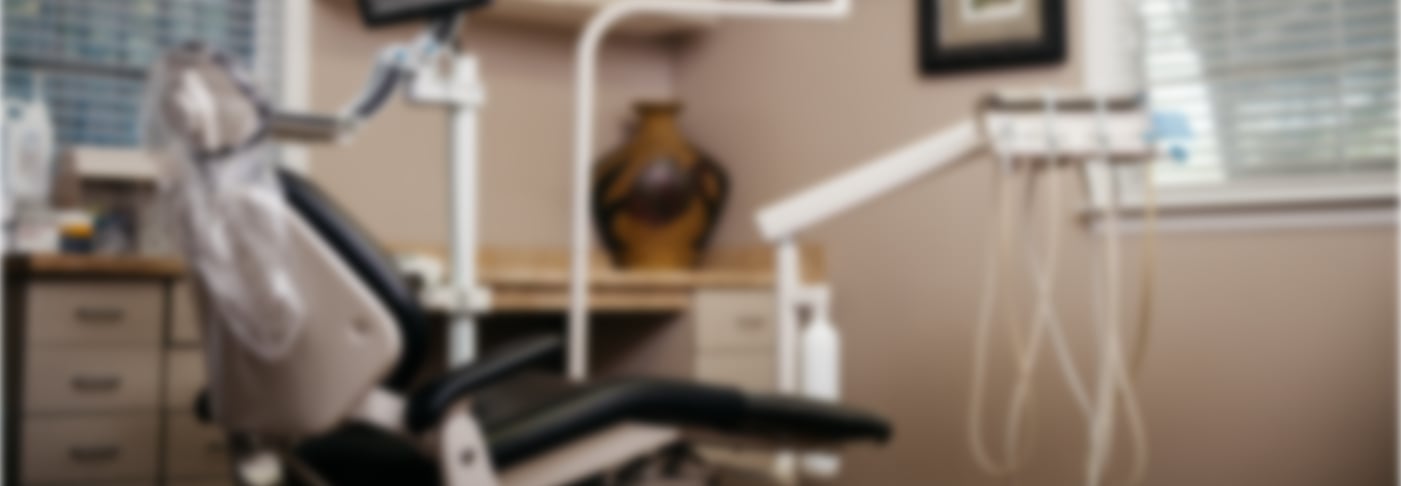Pregnancy……oh, how it changes a woman’s life; you can never be too certain of what to expect as every story carries a unique twist. This bitter-sweet journey effects various physiological transformations in a female to facilitate the growth and development of an embryo or a fetus. Irrespective of the excruciating pain, the bouts of irritability and the haze of laziness you experience along the way, it is not okay to neglect your dental hygiene at the time.
With all the hormonal changes that transpire during pregnancy, you are left at an increased risk of developing periodontal or gum disease and tooth decay if you do not give your oral health the attention it deserves. Your gums become more sensitive to the microbes or germs in plaque during pregnancy, thus inflammation and bleeding may occur if the appropriate care is not rendered. Having a gum disease during pregnancy is termed pregnancy gingivitis and this can affect the health of your baby by causing premature birth, which makes it harder for the baby to survive life on earth.
To ensure proper dental care during pregnancy, be proactive and make a dental appointment before you pursue motherhood. This will make you aware of the quality of your oral health before exposure to the pressures of pregnancy. Your teeth will be professionally cleaned, gums meticulously examined, and current oral problems, if any, will be identified and treated prior to your pregnancy. This will decrease the likelihood of having a severe tooth and gum problem during your pregnancy due to a pre-pregnancy mouth condition being worsened by the effects of pregnancy.
Don’t be afraid to do routine dental check-ups during your pregnancy, just be sure to make the dentist aware of your pregnancy, especially if it is not yet obvious. Urgent dental procedures can be performed. On the other hand, your elective dental procedures should be delayed until post-delivery. It is wise to speak with your obstetrician prior to making a dental appointment so that specific precautions or instructions, if any, can be given to safeguarding you and your unborn baby. To ensure the highest safety, you will need to enable some amount of team work among your healthcare consultants; for example, your general practitioner, your obstetrician, and your dentist need to collaborate. You will need to relay important messages to aid your care. Be sure to inform your dentist of the prescribed and over-the-counter medications you are taking; note the dosage too. In addition to that, share any special medical notation your physician has made for you. This is essential as your dentist may have to make changes to your dental treatment based on that information. Due to advancements in technology, X-rays are much safer than they once were, and are typically performed during pregnancy. Extreme caution is used to safe guard you and your baby through protective shielding of your abdomen and thyroid.
Be keen to note any changes in your gums during pregnancy. Speak with your physician if your gums become swollen, tender and bloody. Make an effort to practice good dental care and eat healthily to prevent oral problems. Bland tasting toothpaste may be utilized during pregnancy to improve dental care when morning sickness is a bother or ask your dentist for recommendations. As an alternative, you could try rinsing your mouth with water, brushing without toothpaste then rinsing with an anti-plaque fluoride mouth wash; for example AP-24 Fluoride Mouthwash. Rinse your mouth with mouth wash after vomiting to improve oral health. Be consistent in maintaining good oral health by following the guidelines below:
- Floss daily
- Brush your teeth twice daily, at least, and after meals whenever possible
- Avoid sweet snacks, enjoy a healthy, balanced diet rich in all the needed vitamins and minerals.
If you have any questions at all, don’t hesitate to call our office or schedule an appointment: (850) 898-9660

